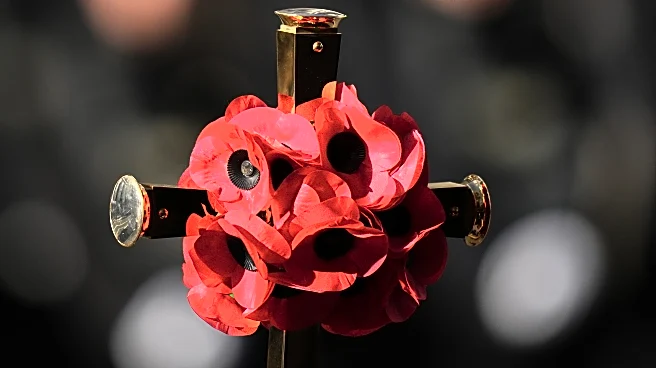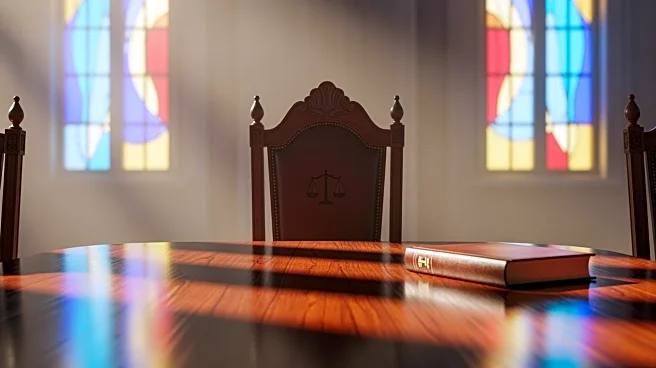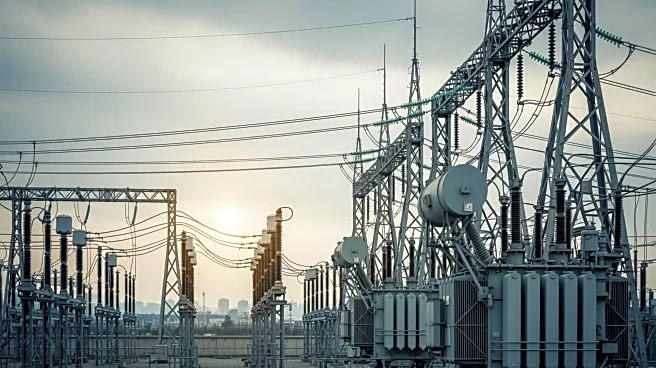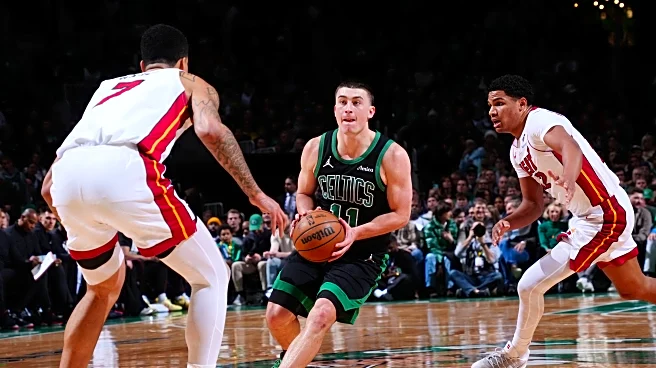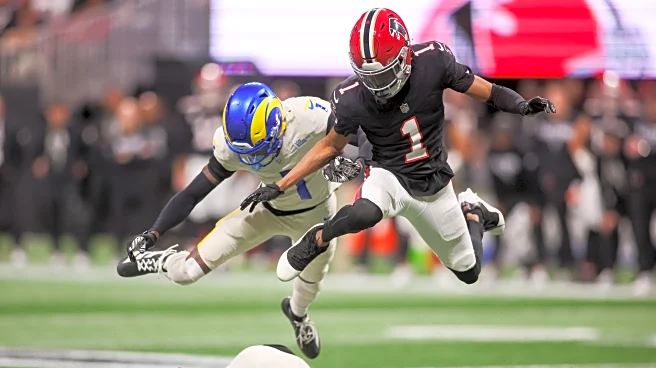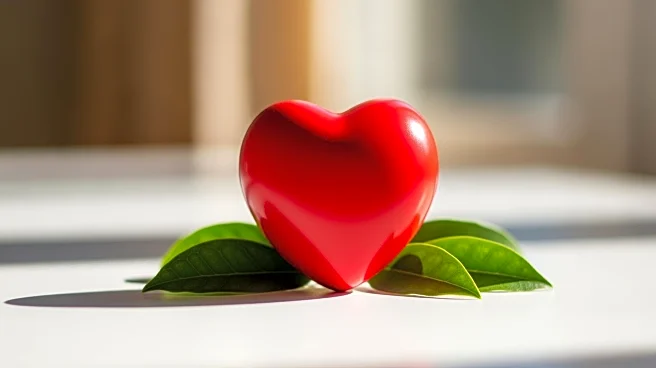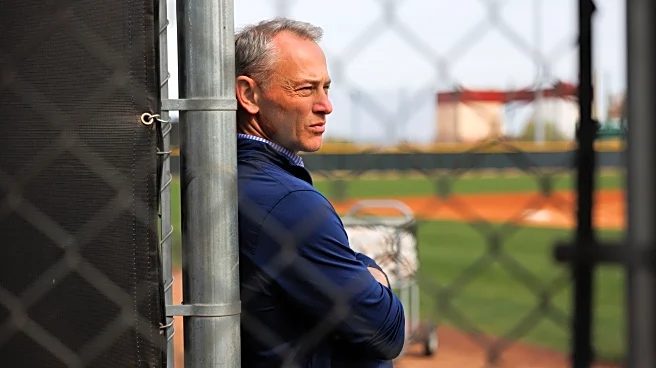Last year, my wife and I helped put candles at each of the 3500 crosses at Calgary’s Field of Crosses. With many other volunteers, we placed candles and said a little thank you to each person represented
by a cross. It was a sobering thing. The men and women listed on the crosses were mostly in their 20s, some in their teens. The oldest I saw was 47, still far too young.
Some of the crosses had a little biography attached, which reminded us that they were real people who had an everyday life before going off to fight for our freedom. Many had notes saying they were buried in Belgium, France, England, Italy or somewhere else far from their home in Canada.
It reminded me how lucky I am to have been born at one of the few times in the last century when I could grow old without fighting in a war. I know I could never have the stuff to fight in a war. I’m soft and happy.
I was sitting with some tennis friends a bit ago, and they had stories of relatives who fought in the war. One’s father was a doctor, was injured and was to be flown to England for surgery. The plane caught fire and had to turn and make an emergency landing. His father and one other fellow were the only ones to survive because they were in the back of the plane, on stretchers.
Another friend, his uncle, was in the war and had undiagnosed PTSD. He didn’t tell about his time at war but was affected for the rest of his life.
Years ago, my son’s class had a field trip to the air museum here, and our group’s guide told us his war story. He flew a Lancaster Bomber and was shot down over Belgium. They parachuted and managed to evade the Germans until they were captured in France. He ended up at Stalag Luft III, where the Great Escape happened. If you haven’t seen the movie, you should. He did not escape, but he helped dig tunnels that 50 men escaped through. All but three were recaptured or killed, but it helped the war effort. The Germans took soldiers off the front lines to search for the escapees.
He told us how he was moved from prison camp to prison camp, moving towards Berlin as Germany was being overrun from both sides. Finally, with the Russians coming closer, the prison guards released the prisoners and tried to surrender to them, not wanting to end up in Russian prison camps. I’m lucky to have heard the story from him.
We owe an immeasurable debt to many who gave up so much for us. Take a few minutes and remember those who gave so much.
The one poem I can recite is In Flanders Fields. My grade eight Language Arts teacher made us memorize it and it is still in my head. She wasn’t my favourite teacher, but that one thing I remember (we also did a little unit on the Beatles, which I enjoyed). I should be able to remember her name, but I don’t. I wonder if she is still alive. The other thing I remember about that year was that the principle decided to have a contest where we guessed the ages of our teachers. I remember her looking through our guesses and shaking her head at some of them. She was likely in her early thirties but I know I had friends who had guessed much higher.
Flanders fields, the poppies blow
Between the crosses, row on row,
That mark our place; and in the sky
The bird, still bravely singing, fly
Scarce heard amid the guns below.
We are the Dead. Short days ago
We lived, felt dawn, saw sunset glow,
Loved and were loved, and now we lie,
In Flanders fields.
Take up our quarrel with the foe:
To you from failing hands we throw
The torch; be yours to hold it high.
If ye break faith with us who die
We shall not sleep, though poppies grow
In Flanders fields.
